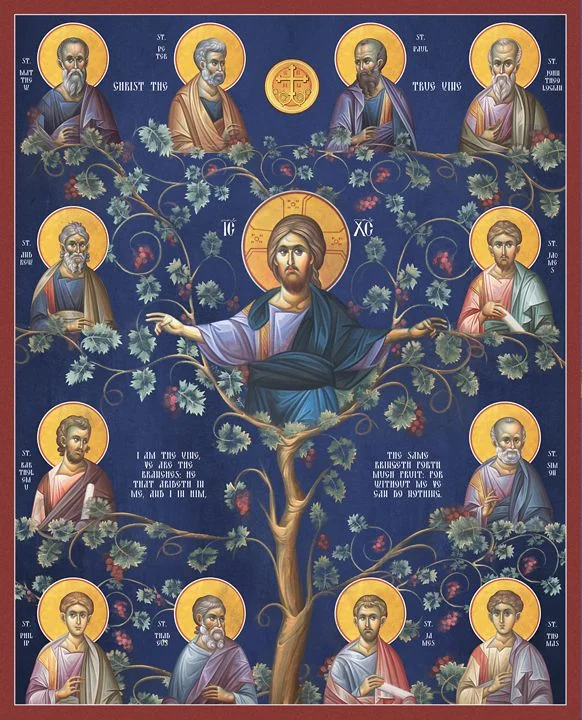One Christian, No Christian
It is not uncommon today for one to hear a Christian say that they do not see a reason to attend Church and that they are living the Christian life on their own. Such people may belong to a particular Christian confession and simply do not see the reason to frequently attend church, or may not belong to any Christian confession and choose to live their Christian life on their own.
Reflecting on these views, one can immediately remember the famous saying ‘unus Christianus, nullus Christianus’(one Christian, no Christian) which has reminded people that one cannot be a Christian on their own. Deeper reflection on the nature and purpose of the church gives very clear insight into the need for one to belong to and participate in the life of the church. From the very beginning of Christianity, we see believers gathered together to share a life in common, “And they continued steadfastly in the apostles’ doctrine and fellowship, in the breaking of bread, and in prayers…now all who believed were together, and had all things in common” (Acts 4: 42-44). Furthermore, Christianity from the beginning was seen as a community, nobody could be a Christian by himself, as an isolated individual, but only together with the brethren, in a togetherness with them.
One can legitimately enquire as to why Christianity and the church has community at its very core. Trinitarian and Eucharistic ecclesiology has provided a very detailed reflection on the church as koinonia. An important aspect that stems from this theological reflection is that koinonia highlights both communion of humankind with God, and humankind with each other and the whole world, emphasising that this vertical and horizontal communion stems from God himself. This koinonia does not only exist in the church because it is edifying, useful or good for the faithful, but because we believe in a God who in His very being koinonia. The Church as an icon of the Holy Trinity is a communion of the faithful, and brings about a communion amongst the faithful, the same as that which is in God. Thus the church by definition is completely incompatible with individualism as “her very fabric is communion and personal relatedness” (John Zizoulas).
Koinonia is not only a gift but also a goal, in anticipation of a fuller koinonia which will be consummated in the age to come. A taste of this koinoniais epitomised in the Holy Eucharist which today is commonly referred to as communion (koinonia). Our vertical koinonia through communion with Christ makes our horizontal koinonia with others possible, revealing the true meaning of togetherness. Through the sacraments, all believers are brought together in unity with Christ and become one body and one spirit, as the priest prays in the Coptic Liturgy of St Basil ‘Make us all worthy our Master to partake of Your Holies, unto the purification of our souls, bodies and spirits, that we may become one body and one spirit…” Partaking of the Eucharist, which is a divine command (cf. Luke 22:18), can only be achieved by belonging to and participating in the life of the church, which through apostolic succession has the authority to gather together in the true Eucharistic assembly and distribute the true body and blood of Christ. Thus, we can say that there is no salvation outside the church.

